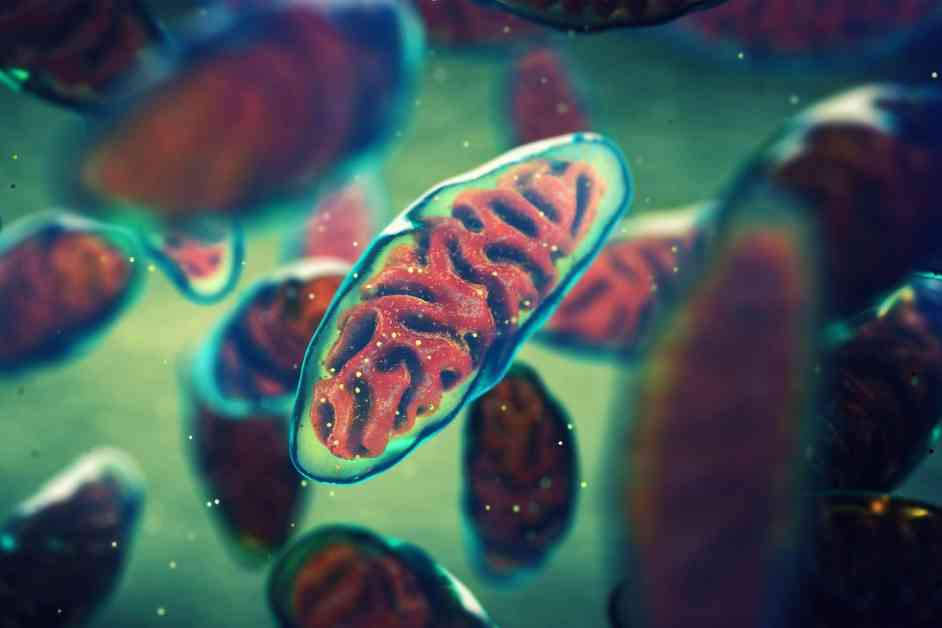Caroline Trumpff, an assistant professor of medical psychology at Columbia University Irving Medical Center in New York City, has been studying the connection between our life experiences and the function of our mitochondria. Mitochondria are tiny cellular structures that play a crucial role in our brain health and overall well-being. Trumpff’s research aims to shed light on how our mental states can impact the activity of these cellular powerhouses.
Recent studies have shown that psychological stress can have a negative impact on our mitochondria, potentially leading to various brain disorders and diseases. To delve deeper into this relationship, Trumpff and her team analyzed data from the Religious Orders Study (ROS) and the Rush Memory and Aging Project (MAP), two long-term studies focusing on aging and dementia. By examining the brains of participants after death, researchers were able to link participants’ reported life experiences to the characteristics of mitochondria in the brain.
Their analysis revealed that positive life experiences, such as having a strong social network and a sense of purpose, were associated with increased mitochondrial activity in the brain. Conversely, negative experiences like adverse childhood events and social isolation were linked to decreased mitochondrial function. These findings suggest that our experiences can influence how our mitochondria produce energy in response to different life circumstances.
While this study provides valuable insights into the impact of psychosocial factors on brain health, there are still unanswered questions. For instance, the study focused on older adults, and it’s unclear whether similar relationships exist in younger individuals. Additionally, more research is needed to confirm the link between life experiences and mitochondrial function.
Other studies have also shown that stress and trauma can affect mitochondrial function in immune cells, further highlighting the intricate relationship between our mental state and our cellular health. Understanding this connection could have significant implications for cognitive function, mental health, and overall well-being.
In conclusion, Trumpff’s research adds to a growing body of evidence suggesting that our life experiences can shape the activity of our mitochondria, potentially influencing our brain health. While more studies are needed to fully understand this complex relationship, the findings are promising and warrant further exploration. By delving into the impact of psychosocial factors on our cellular powerhouses, we may uncover new ways to promote brain health and overall well-being.






